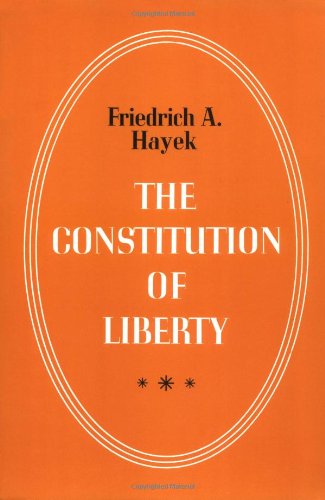 The Constitution of Li...
Best Price: $5.99
Buy New $51.93
(as of 10:40 UTC - Details)
The Constitution of Li...
Best Price: $5.99
Buy New $51.93
(as of 10:40 UTC - Details)
The powers not delegated to the United States by the Constitution, nor prohibited by it to the States, are reserved to the States respectively, or to the people. – U.S. Constitution, Tenth Amendment
Fed up with Washington’s involvement in everything from land use to gun control to education spending, states across the country are fighting back against what they say is the federal government’s growing intrusion on their rights.
At least 35 states have introduced legislation this year asserting their power under the Tenth Amendment to regulate all matters not specifically delegated to the federal government by the Constitution.
"This has been boiling for years, and it’s finally come to a head," said Utah State Rep. Carl Wimmer. "With TARP and No Child Left Behind, these things that continue to give the federal government more authority, our rights as states and individuals are being turned on their head."
The power struggle between the states and Washington has cropped up periodically ever since the country was founded. But now some states are sending a simple, forceful message:
The government has gone too far. Enough is enough.
Montana Gov. Brian Schweitzer recently signed into law a bill authorizing the state’s gun manufacturers to produce "Made in Montana" firearms, without seeking licensing from the federal Bureau of Alcohol, Tobacco, Firearms and Explosives. Similar laws are being considered in Utah, Alaska, Texas and Tennessee.
The Montana law is expected to end up in the courts, where states’ rights activists hope judges will uphold their constitutional right to regulate firearms.
That would reverse a longstanding trend, said Martin Flaherty, a professor of constitutional law at Fordham Law School.
"From 1937 to 1995 there is not one instance of the Supreme Court knocking back Congress," he said. "In the Constitution the interstate commerce clause gives Congress the right to regulate commerce between the states. That gives them a lot of power. There were questions of how far they can reach, but then comes the New Deal, and Roosevelt gets all these picks on the [Supreme] Court, and they come upon a theory whereupon congressional power is almost infinite."
That 1930s understanding of the Constitution is now the norm, with advocates for the federal government arguing that issues of a certain size and scope can be addressed only by an institution with the resources of the federal government.
As an example, federal authority is necessary in the economic crisis, said U.S. Rep. Dan Boren, whose home state of Oklahoma recently passed a sovereignty resolution.
"The economic situation in our nation over the past year has not been contained in any one community or state. The industries and institutions affected by the recent economic crisis touch multiple layers of our economy and are not confined to any one state or region," he said in a statement. "I feel there was Constitutional justification for Congress’s recent efforts to stabilize our economy."
June 9, 2009





